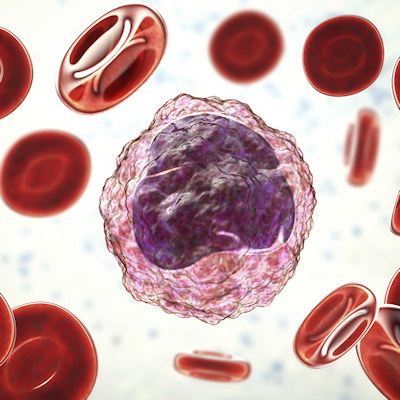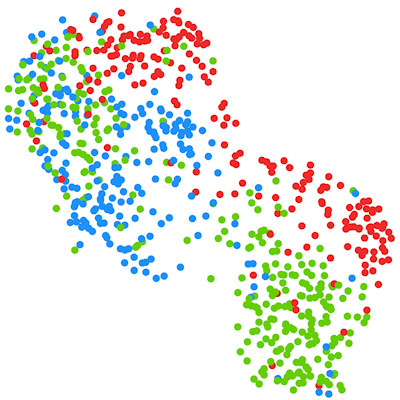November 3, 2022 -- Vitamin C can improve the immunogenic properties of dendritic cells in vitro and may hold the key to improving efficacy of anticancer cell therapies, according to a team from the Epigenetics and Immune Disease Lab at the Josep Carreras Leukaemia Research Institute in Barcelona, Spain.
The scientists found treating cells with vitamin C led to a more consistent activation of genes involved in the immune response, mainly through DNA demethylation, and this could generate more potent dendritic cell-based therapies in the future (Nucleic Acids Research, October 28, 2022).
The team differentiated dendritic cells from monocytes using a particular set of molecular signaling. They activated gene processes in the nucleus via chromatin remodeling machinery spearheaded by ten-eleven translocation (TET) family of demethylases. Vitamin C is known to interact with several TET proteins to enhance its activity, but until now the specific mechanism was poorly understood in human cells.
The scientists discovered that vitamin C treatment triggered extensive demethylation at NF- kB/p65 binding sites compared with non-treated cells. This promoted the activity of genes involved in antigen presentation and immune response activation. They also found vitamin C increased the dendritic cell communication with other components of the immune system and stimulated the proliferation of antigen-specific T cells.
The researchers also observed that vitamin C-stimulated dendritic cells loaded with antigens specific for the SARS-CoV-2 virus were able to activate T cells in vitro more efficiently than non-treated cells. The findings support the hypothesis that treating monocyte-derived dendritic cells with vitamin C may help generate dendritic cell vaccines with high performance and could be used to fight cancer more efficiently.
Copyright © 2022 scienceboard.net










